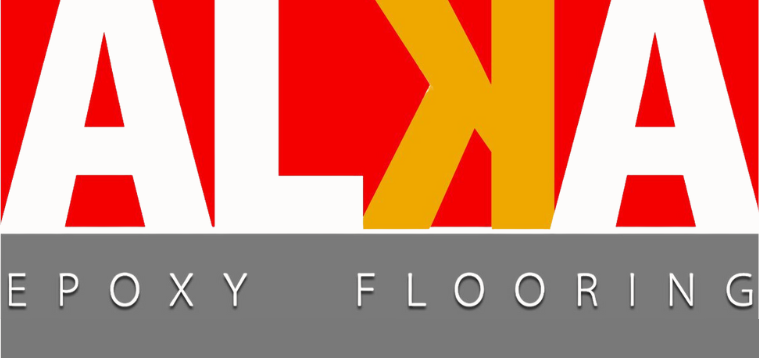
Epoxy flooring is a type of coating that is used to create a surface that is smooth and has a durable finish. It is commonly used in garages, laboratories, clean rooms, and food processing facilities.
Polyaspartic garage epoxy floor coatings are resistant to auto fluid, cleaning chemicals, some acid and more
Polyaspartic garage epoxy floor coatings are known for their excellent UV stability, fast cure time, and mechanical strength. They also offer good chemical resistance. This means that these coatings are suitable for a variety of industries.
While polyaspartic garage epoxy floor coatings have many positives, they are also more expensive. Because they require more labor and materials, it is important to do your research before choosing one.
A polyaspartic coating is a subgroup of the polyurea family of chemicals. Both are used to improve the durability of concrete surfaces.
The most obvious benefit of this type of flooring is the ability to withstand heat and cold. It is also resistant to vapor moisture transmission, meaning it can withstand wet weather. Moreover, it is easy to clean, meaning you can take care of ice brines and other corrosive elements that could stain the floor.
If you’re looking for a way to customize your floors and increase their visual appeal, adding a layer of paint is the way to go. Not only will this make the space look better, but it will also protect your investment.
Polyaspartic garage epoxy floor coatings are resistant to UV exposure, staining and chemical attacks
Polyaspartic garage epoxy floor coatings are a hardwearing and durable flooring solution for commercial and domestic applications. They provide superior protection against ultraviolet exposure, staining, and chemical attacks.
Polyaspartic floors have a strong resistance to wear, chips, and cracks, and are able to withstand extreme temperatures. This makes them ideal for swimming pools, gyms, and outdoor concrete floors. You can apply polyaspartic systems to any surface that has a smooth, clean, and non-bubbling surface.
There are several different polyaspartic floor coatings available in the market today. In addition to protecting your floor, these coatings can be made heat resistant and slip resistant. Moreover, these coatings do not release harmful VOCs.
Polyaspartic garage epoxy floor coatings offer beautiful finishes, such as a smooth finish, a color skim coat, or a crystal clear finish. Depending on the type of surface, the coatings may be applied with a roller or brush. It’s important to choose a system based on the application’s purpose.
For example, DUR-A-GLAZE #4 TIE-COAT II HARDENER is designed for sealing concrete floors. It is an aliphatic polyaspartic ester high performance polymer system. The topcoat has a low odor and is virtually unaffected by oil and gasoline.
Antistatic epoxy flooring is commonly used in laboratories, clean rooms, and specialised food processing facilities
Antistatic epoxy flooring provides a hard wearing surface that can be used in a variety of applications. Its benefits include its high resistance to chemical and abrasion exposure. Epoxy flooring is also slip resistant.
Antistatic floors are ideal for industrial environments. They provide a safe and controlled environment for workers. They are particularly important for environments where workers work around the clock.
In a laboratory, a floor needs to withstand heavy traffic, be sanitary, and be non-shedding. Many lab floors use rubber or vinyl. However, these materials don’t have the necessary resistance to withstand the harsh chemicals used in a pharmaceutical production.
The most durable and hygienic choice is epoxy. It can be installed in any color and pattern. A self leveling coating is spread on the floor with a trowel and is evened out with spiked rollers. This smooth, seamless finish reflects a company’s commitment to hygiene and quality goods.
A number of companies offer ESD flooring, also known as conductive floors. These types of floors prevent the build-up of static charge, which can lead to dangerous electro-static discharges. Usually harmless, a discharge can cause sparks which can damage flammable objects.
Polished concrete over epoxy flooring
If you are looking for a stylish and durable surface for your home or office, you may want to consider polished concrete over epoxy flooring. Both have their own benefits and disadvantages, and deciding which one is best for your needs is a complicated decision.
Polished concrete and epoxy flooring offer various features that can add value and style to any space. But, it is important to understand the pros and cons of each material before determining which one is right for you.
Concrete is a porous material, so it’s very easy for moisture to penetrate it. However, epoxy flooring has added resistance to water, acids, and chemicals. It also offers the option of using non-slip additives.
The advantages of epoxy over polished concrete are numerous. Epoxy is resistant to harsh chemicals, which makes it a perfect option for industrial and commercial settings. Additionally, it comes in a wide range of designs, textures, and colors. This means it can be customized to fit your needs.
